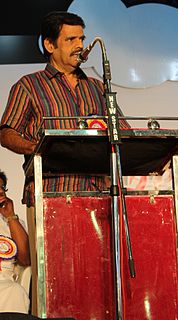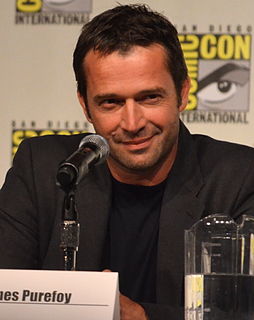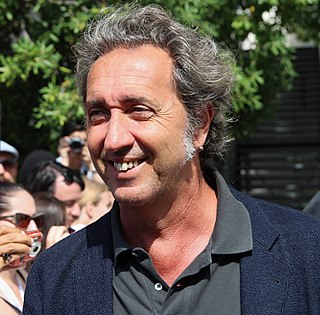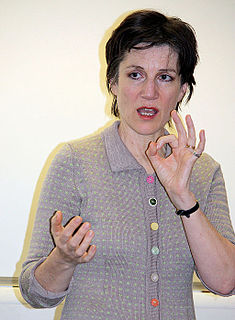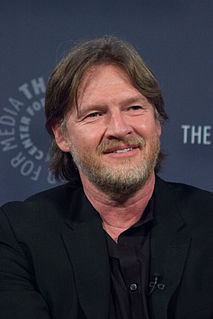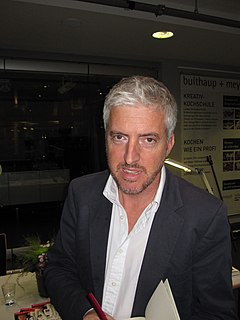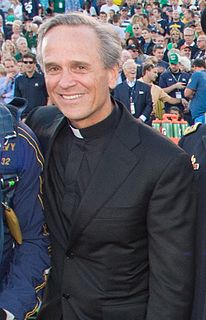A Quote by John D'Agata
The best stuff that Cicero wrote, in the first century in Rome, were the Philippics, a series of speeches that he delivered against Marc Antony, whom he thought was irreparably dismantling the Republic of Rome. Those speeches are powerful because they're not only really pointed but they're thrillingly beautiful - and that's precisely what made them dangerous: the fact that people wanted to read them.
Related Quotes
To later Romans Ennius was the personification of the spirit of early Rome; by them he was called "The Father of Roman Poetry." We must remember how truly Greek he was in his point of view. He set the example for later Latin poetry by writing the first epic of Rome in Greek hexameter verses instead of in the old Saturnian verse. He made popular the doctrines of Euhemerus, and he was in general a champion of free thought and rationalism.
Modernism really started with people getting infatuated with the idea of "it's the twentieth century, is this suitable for the twentieth century." This happened before the First World War and it wasn't just the soldiers. You can see it happening if you read the Bloomsbury biographies. It was a reaction to a great extent against Victorianism. There was so much that was repressive and stuffy. Victorian buildings were associated with it, and they were regarded as very ugly. Even when they weren't ugly, people made them ugly. They were painted hideously.
[Pope Francis] has done this not through angry speeches, but through the powerful symbols and examples of embracing a badly deformed man, welcoming refugees to the Vatican, strolling through a shanty town in Rome, visiting a home for the elderly, washing the feet of prisoners on Holy Thursday, and going to a hospital for newborns.
And I thought about how many people have loved those songs. And how many people got through a lot of bad times because of those songs. And how many people enjoyed good times with those songs. And how much those songs really mean. I think it would be great to have written one of those songs. I bet if I wrote one of them, I would be very proud. I hope the people who wrote those songs are happy. I hope they feel it's enough. I really do because they've made me happy. And I'm only one person.

